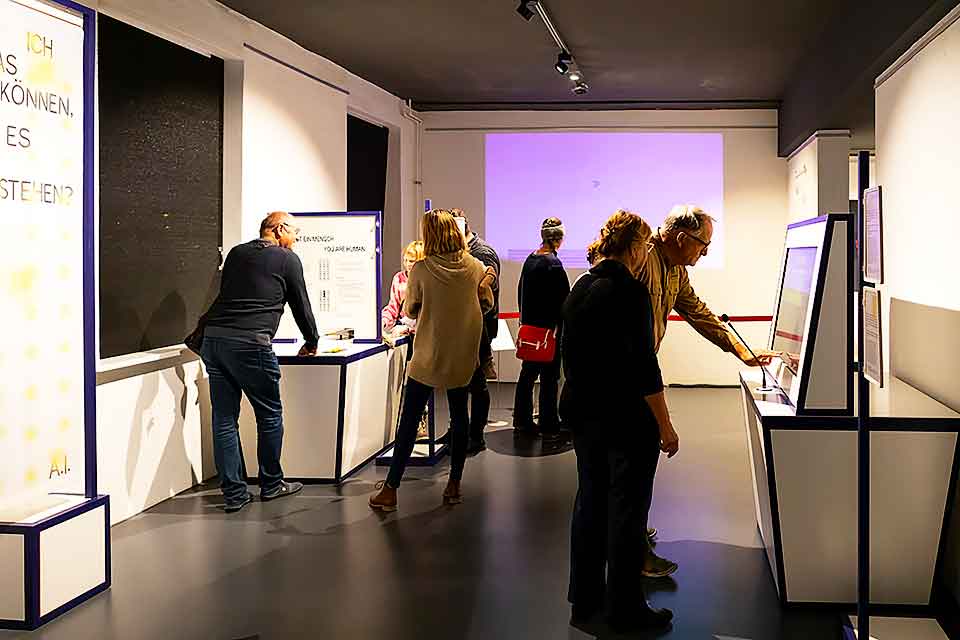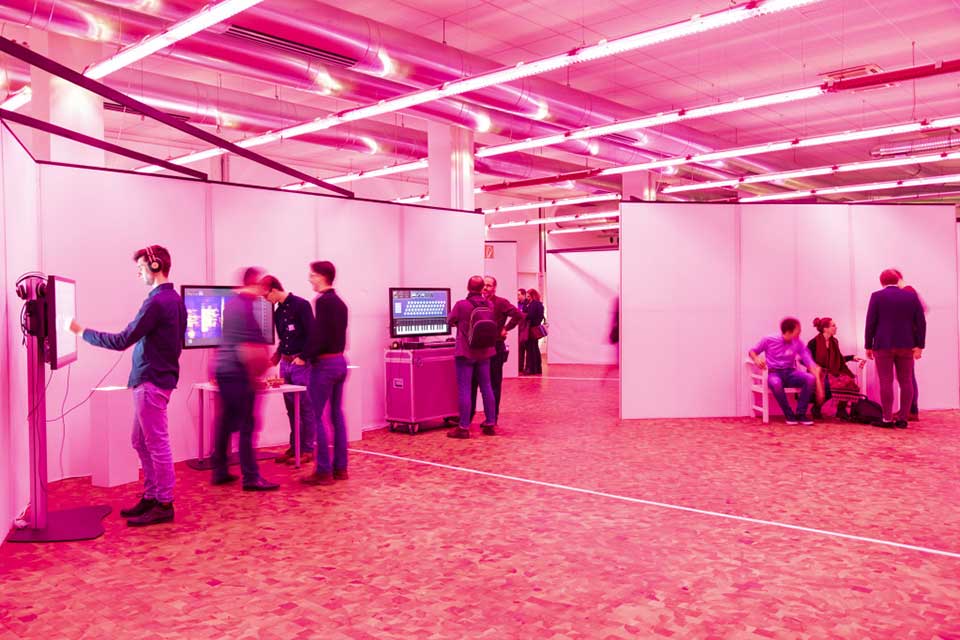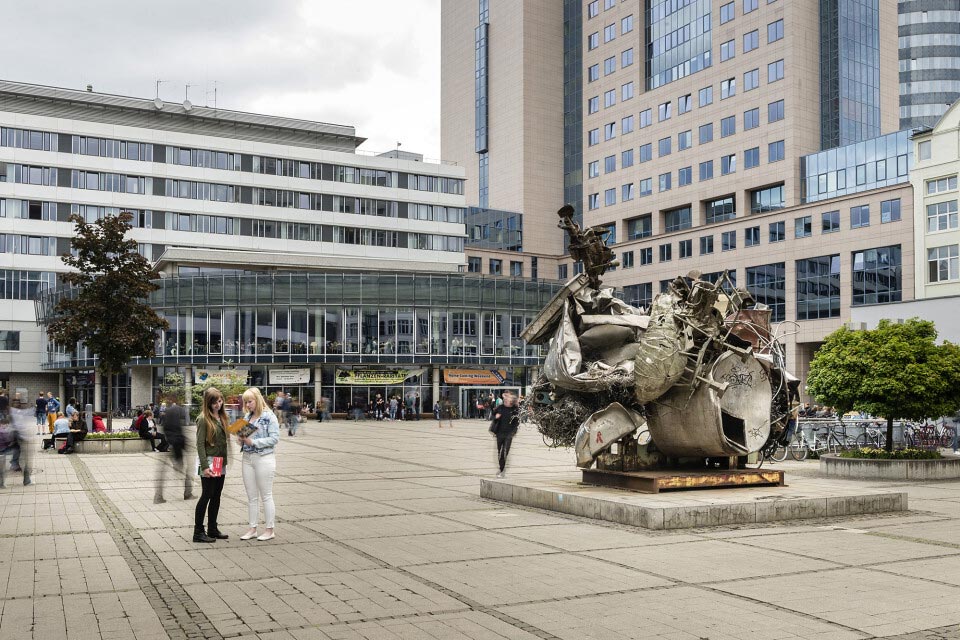Visit the exhibition

Wismar, Germany
phanTECHNIKUM
Zum Festplatz 3, 23966
October 21, 2023 - March 3, 2024
Opening hours: Tuesday - Sunday, 10:00 - 17:00
The phanTECHNIKUM in Wismar is the museum of the state Mecklenburg-Vorpommern, Germany. Exhibits from the world of technology and the history of technology are on display, and there are numerous interactive experiment stations. The museum is accessible to people with walking disabilities, wheelchair users, and people with cognitive impairments. Exhibitions are partially barrier-free for the blind and visually impaired.
The phanTECHNIKUM is located next to the Lübsche Burg in the Wismar-West district.
Past venues

Heidelberg, Germany
MAINS
Kurfürstenanlage 52, 69115
January 2022 - January 2023
The MAINS (Mathematics Informatics Station) is a project of the Heidelberg Laureate Forum Foundation. Throughout the year, a range of activities for people of all ages is hosted here: interactive and photo exhibitions, film screenings, Science Notes, lectures and much more. The MAINS also offers free guided tours of the exhibitions for visitors and school groups.
The MAINS is located in close proximity, a 5-minute walk, to the Heidelberg main station.

Jena, Germany
Friedrich Schiller University, Jena
Carl-Zeiss-Straße 3, 07743
December 2022 - March 2023
As Thuringia’s largest higher education institution the Friedrich Schiller University makes Jena a beacon of international brilliance in the sciences. It counts approx. 18.000 enrolled students, ten faculties and is home to various interdisciplinary research centers. The exhibition will be accompanied by a diverse side program organized in collaboration with local partners.
The exhibition venue is only a 10-minute walk away from the RE station Jena West (directions Erfurt and Gera) as well as from the station Jena Paradies (directions Berlin and Munich).
Photo: © JenaKultur, A. Hub, Andreas Hub, CC-BY-NC-ND 3.0
Kaiserslautern, Germany
Fraunhofer-Institut für Techno- und Wirtschaftsmathematik ITWM
Fraunhofer-Platz 1, 67663
September 22, 2022 - November 19, 2022
Opening hours 15:00 - 17:30, Monday to Friday, and on request for groups/schools.

